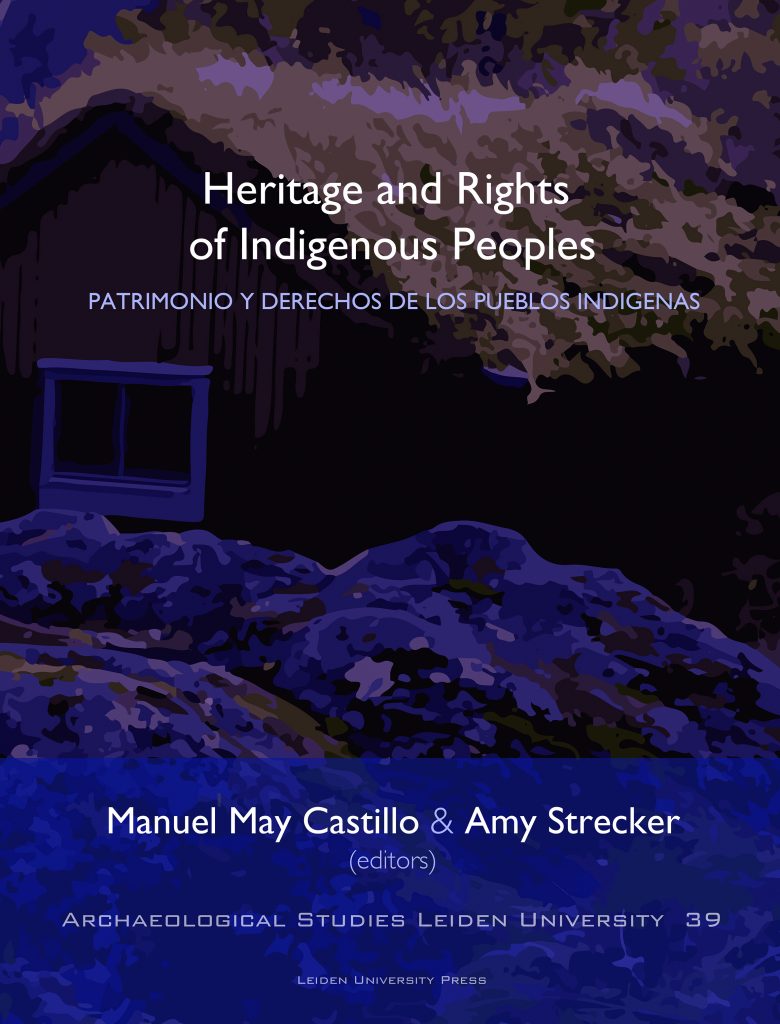
The heritage of Indigenous Peoples has long been researched and commented upon from the outside. This book adopts an innovative approach by engaging with the heritage of Indigenous Peoples from the ‘inside’.
On 13th September 2007, member states of the United Nations adopted the UN Declaration on the Rights of Indigenous Peoples (UNDRIP), a momentous occasion marking wide political recognition of Indigenous Peoples’ rights. Ten years on, this book explores the areas –both substantive and geographic– dealing with the heritage and rights of Indigenous Peoples
globally. Written jointly by indigenous and non-indigenous scholars, the chapters offer an insight into the issues faced by Indigenous Peoples under the umbrella themes of land,
spirituality and self-determination. The case studies – which span four continents – not only highlight the various resilient and imaginative ways in which Indigenous Peoples are managing
to sustain, develop and transform their heritage, but also offer an insight into the areas where the implementation of UNDRIP is most needed.
On the 10th anniversary of UNDRIP, this book therefore serves as a clarion call to states, transnational enterprises and policymakers to act in accordance with the tenets of the UN
Declaration and take indigenous perspectives, ontologies and worldviews seriously.
Manuel May Castillo is a Maya scholar and Assistant Professor at Leiden University. His research focuses on the heritage of Indigenous Peoples and Maya heritage.
Amy Strecker is a legal scholar and Assistant Professor at Leiden University. Her research focuses on landscape, heritage and international law.